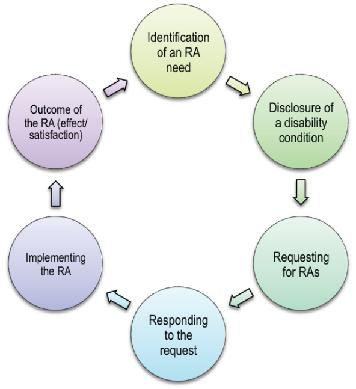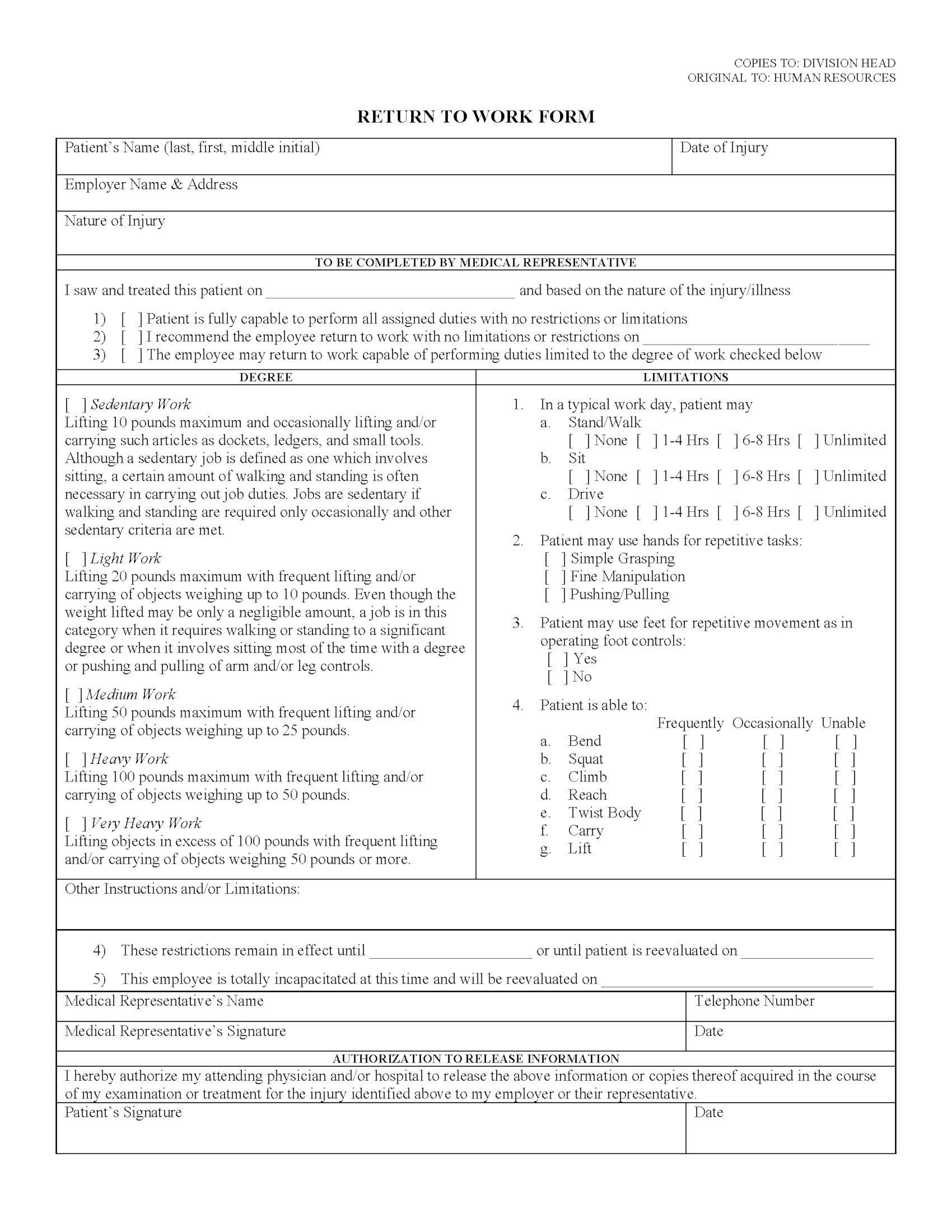
California employers have a legal duty to make reasonable accommodations for your disabilities to help you perform your essential job duties. Failure to accommodate can be the grounds for a labor board complaint, workers compensation claim, or even a civil lawsuit
California employment law imposes an affirmative duty of “reasonable accommodation” on an employer when it learns that an employee or injured workers has a certain known disability. In this situation, the employer has a legal duty to reasonably accommodate, or provide for, the disabled employee that allows the performance of the employee's job duties.
This duty applies unless providing an accommodation for the injured employee or employee's disability imposes an “undue hardship” on the employer. Note that once an employer learns of your disability, California law requires:
An “interactive process” refers to communication between the employer and you that:

Note that if you request a reasonable accommodation, the employer must respond to it in a timely fashion and must act in good faith. Even if you do not directly request an accommodation, an employer should provide one as long as:
Also note that you should be able to give your boss a list of requested accommodations. But employers can request medical documentation if the reason for an accommodation request is not obvious. This procedure applies to job applicants as well.
An employer makes a “reasonable accommodation” when it makes appropriate adjustments so that you can perform the essential functions of your job despite your disability.
Whether or not an adjustment helps in performing an “essential job function” is based upon the facts of the case. Courts consider the following factors:
In determining whether a job function qualifies as “essential,” courts consider:
Common evidence in these cases include:
Note that employers must keep your disability or job related injury private (unless you say otherwise). The only people who can know about it are the managers who need to know about it to provide the accommodation. And any medical documentation must be stored separately and confidentially in the employee's personnel file.
The following are examples of an employer’s reasonable accommodations:

California employment law does not require employers to comply with every accommodation request made by an employee with a medical condition.
The law states that an employer only has to make accommodations if a condition qualifies as a “disability.”
A “disability” is a condition that limits your major life activity. A condition limits a major life activity if it makes it more difficult for you to perform that activity.
“Major life activities” include things like:
A qualified individual under these laws can suffer from either:
Not covered are:
A work-related injury may qualify as a disability if it makes basic functions, such as walking, seeing, sleeping, standing, and performing manual tasks, more difficult. A work injury may not qualify as a disability law when the injury is temporary, non-chronic or has little to no long-term impact.
An example of a work injury that could qualify as a disability is an injured employee who hurt their back at work who can now only lift 25 pounds or less.
Workers’ compensation provides benefits to worker who are injured on the job or who have an illness, disease, or disability caused or made worse by workplace conditions. An employer has to provide workers’ compensation benefits regardless of who caused the work injury. In exchange, the injured worker normally cannot sue their employer for their workplace injuries.
Employers have a duty to provide for reasonable accommodations for your disability unless doing so would impose an “undue hardship.”
An “undue hardship” means that the company would experience significant difficulty or expense by making appropriate accommodations. If it would, then the business can deny your request for reasonable accommodations.
The facts of a case often determine whether an undue hardship exists. Some important factors to consider in this determination are:
You have the responsibility to ask for accommodations. Disabled employees who do not ask for accommodation – and do poor work – can be terminated.
Sometimes. For example, if an employer has modified duty positions reserved for employees with on-the-job injuries but does not reserve positions for employees with disabilities not injured at work, the employer must reassign the employee to a reserved modified duty position as a reasonable accommodation if there is a vacant position that the employee is qualified for and can perform.
An employer does not have to create a light duty position for an employee with a disability as a reasonable accommodation. However, an employer must provide other forms of reasonable accommodation unless the employer can show that light duty work will be unduly costly or disruptive for the employer's fiscal relationship.
If your doctor reports that you may return to work with medical restrictions, any work that your employer assigns must meet these restrictions. Your employer may, for example, change certain tasks, reduce your time on certain tasks, or provide equipment to help you perform your tasks. Most employers will protect their employee's position and legal rights by providing accommodations for medical work restrictions, if such restrictions do not create an undue hardship.
Or, your employer may say that work that meets your medical restrictions is not available. If this happens, you cannot be required to work. If your employer cannot give you work that meets your work restrictions, your employer can offer you unpaid leave as an accommodation.
You should show the doctor’s advice on work restrictions to your employer and discuss how your work restrictions can be met. You do not have to perform work that is beyond your medical restrictions and it is your employer's duty to accommodate these medical restrictions. If you refuse a work assignment, you should clearly explain to your employer how the assignment fails to meet your work restrictions and harms the recovery process.

If there is no undue hardship, and the employer fails to make reasonable accommodations for work restrictions, then California employees can file a complaint under the California Fair Employment and Housing Act (FEHA).
The California Civil Rights Agency (CRA) is the state agency that handles complaints of disability discrimination.
Before filing a complaint with the CRA, you should have requested a reasonable accommodation from your employer. If there is no resolution, you can file a complaint with the CRA.
Note that depending on the facts of the case, the failure to provide appropriate accommodations may also be considered disability discrimination.
Note too that it is unlawful for a company to retaliate against you because of a request to provide reasonable accommodations. Instances of wrongful retaliation include:
Your employer should not retaliate against you for filing workers’ compensation claim. If you get injured or sick and on the job, you have a right under California law to certain protections. Although your employer may not be enthusiastic about paying out on those benefits or approving a claim, they should not take that reluctance out on you.
Employees do not have to worry about returning to his or her job that they are not medically ready for. There are consequences when employers try to pressure injured workers into returning to work too soon, including:
Contact Freeburg & Granieri, APC today for a free consultation on how to provide effective reasonable accommodations, file a workers compensation claim, or for questions. If you believe that your employer or former employer discriminated against you based on your disability, or need help to request accommodations, you should speak to an experienced employment law attorney. We evaluate clients on a case by case basis, and all consultations are benefitted by the attorney client relationship.
Our clients become friends, confidants, and repeat customers. Former clients are our best referral source.
Do not be a commodity, find an attorney who treats your legal issue with the care it deserves.

